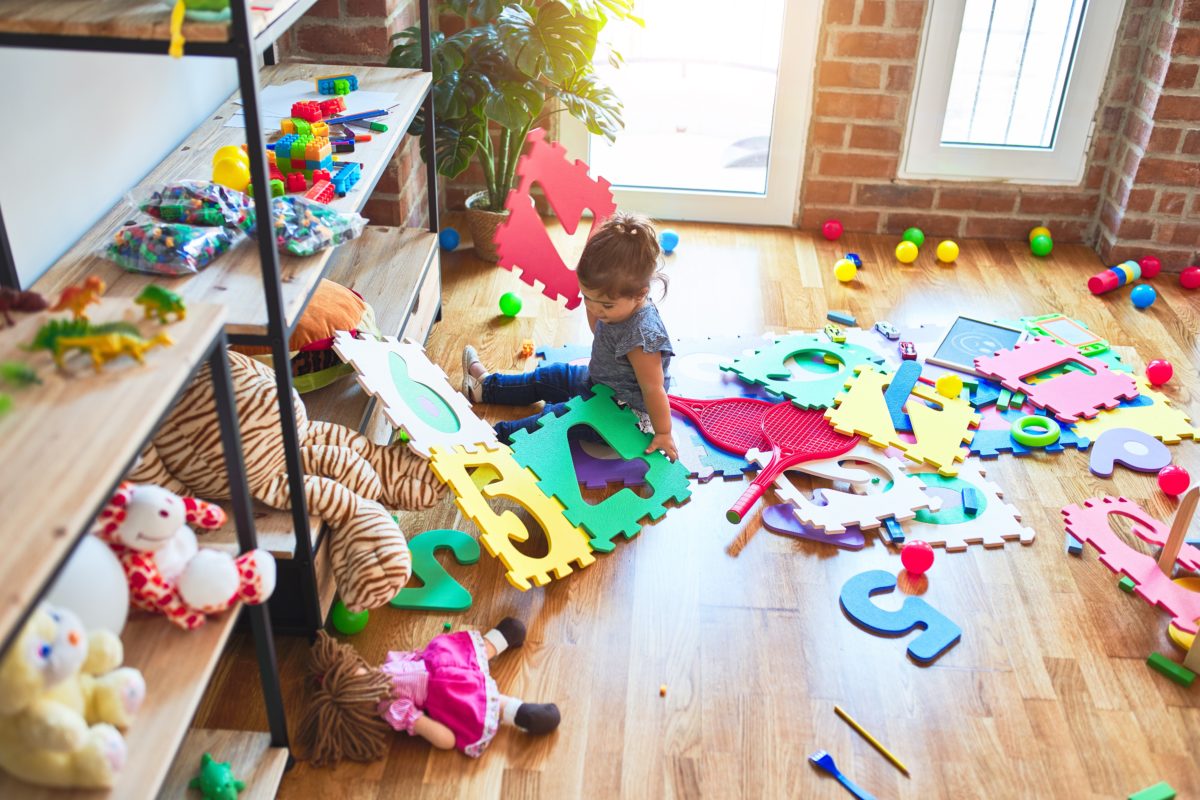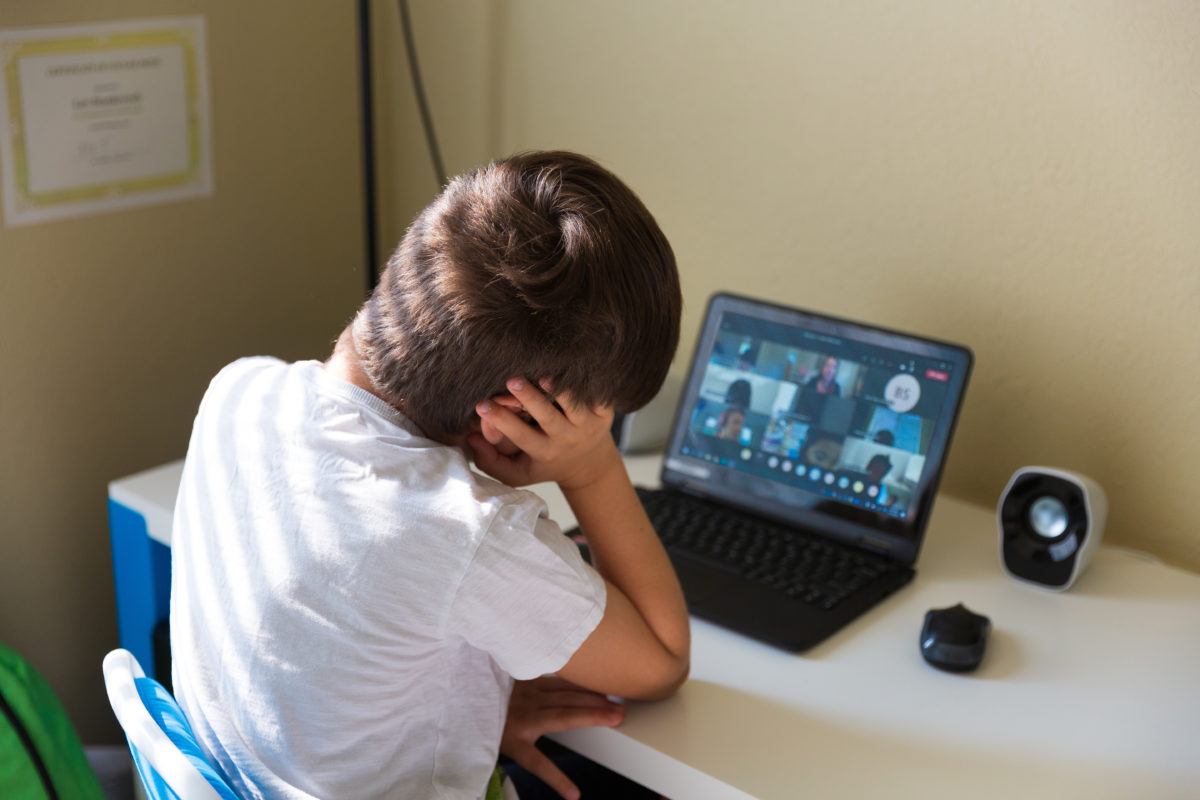

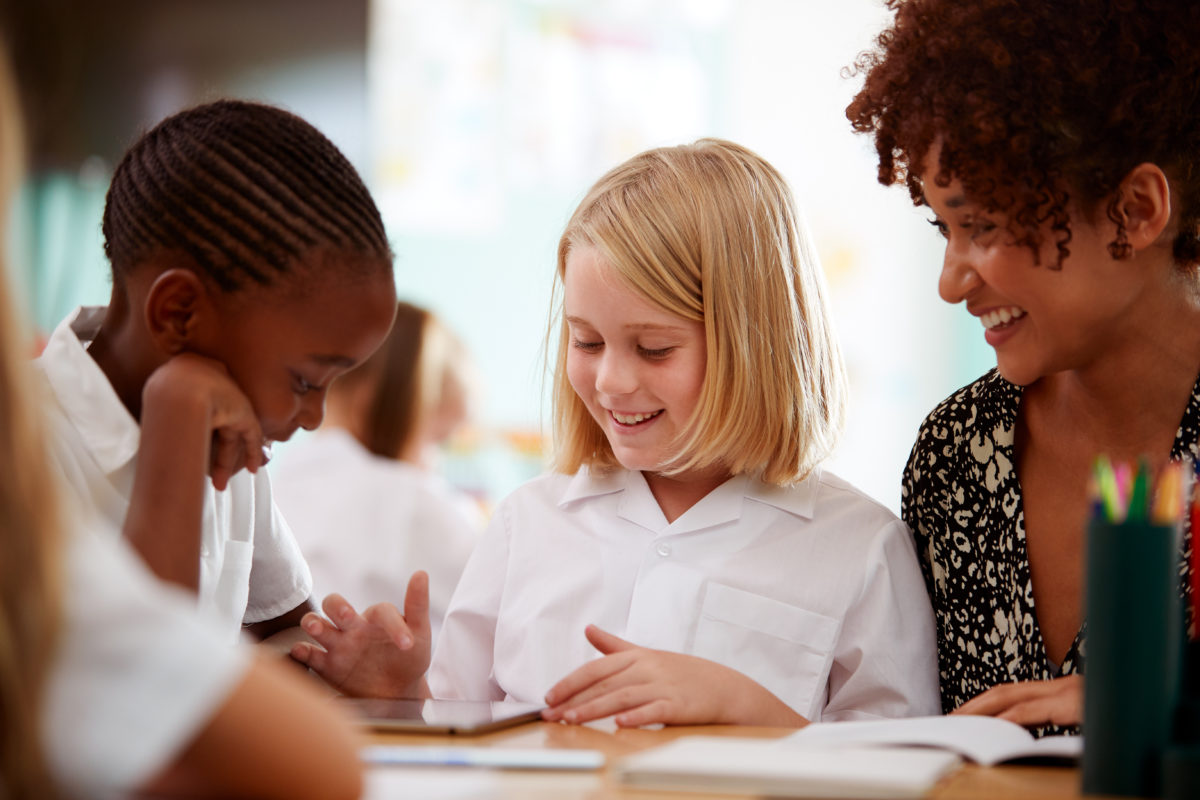
Charters Are Solid Alternatives to Traditional Public Schools

What Will It Take to Put U.S. K-12 Education on a Better Path?

Misguided Mandate Will Cost Washington State

It’s Not Only Students Taking Flight From Public Schools

Rethinking Teacher Certification to Employ K–12 Adjunct Teachers
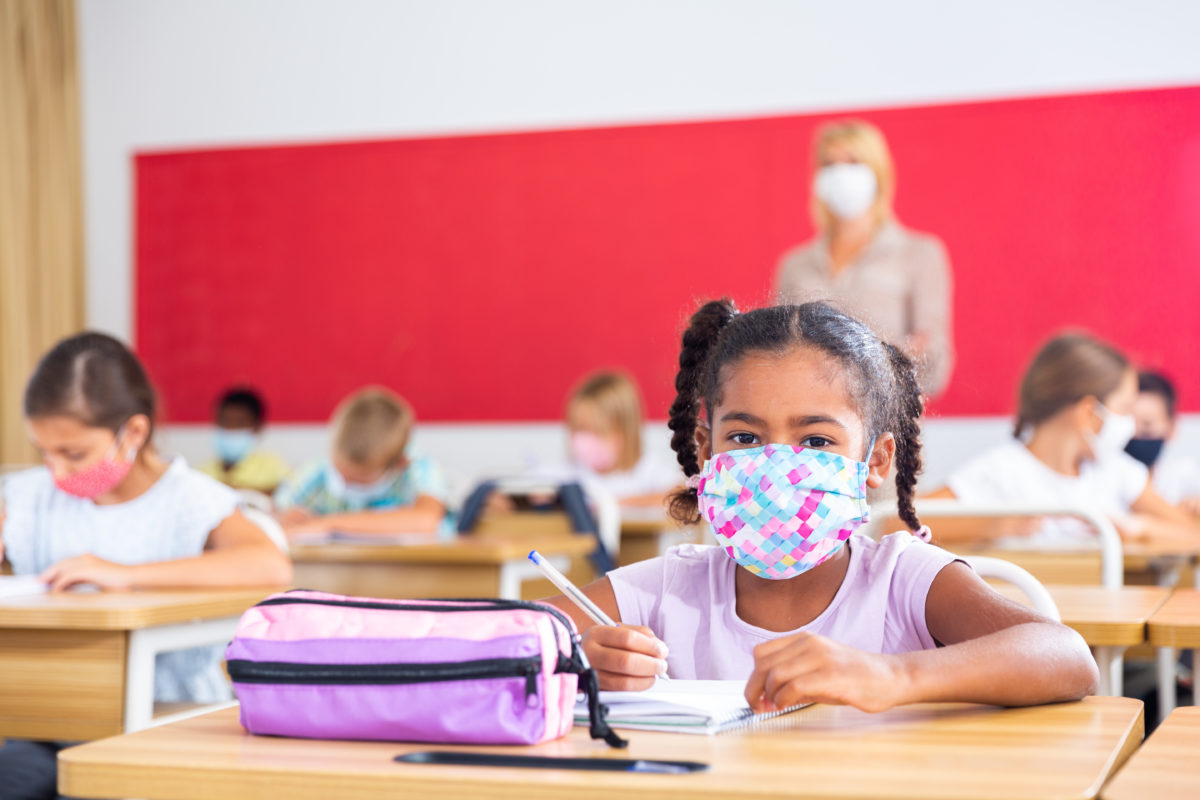
The Truth About School Mask Mandates
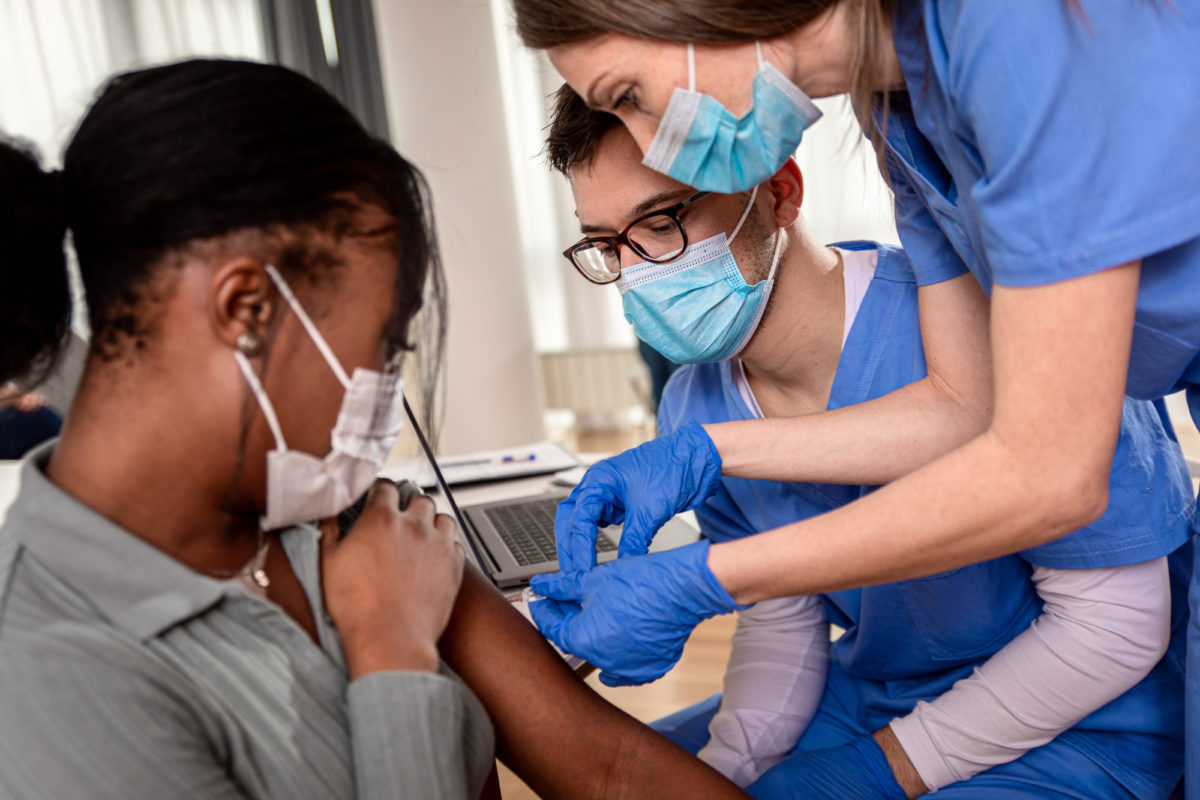
Vaccine Mandates & Bribery Are Headed for K-12 Schools
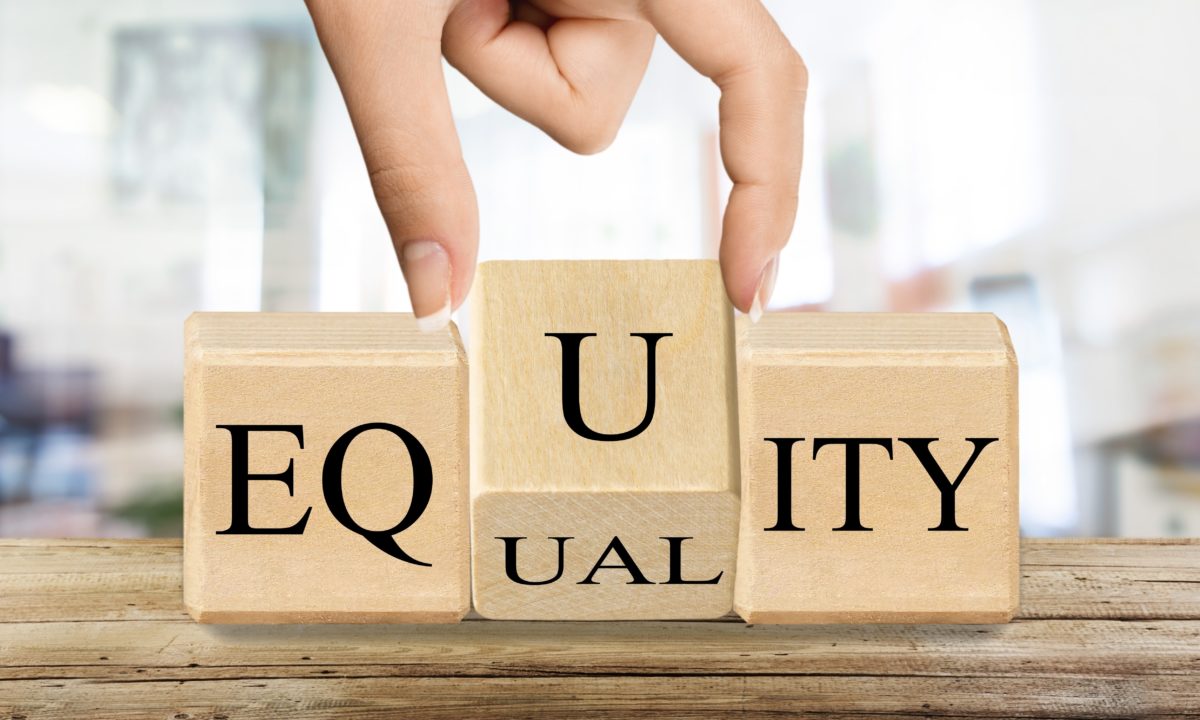
‘Equity’ in Education: Equal Opportunity or Equal Outcome?
